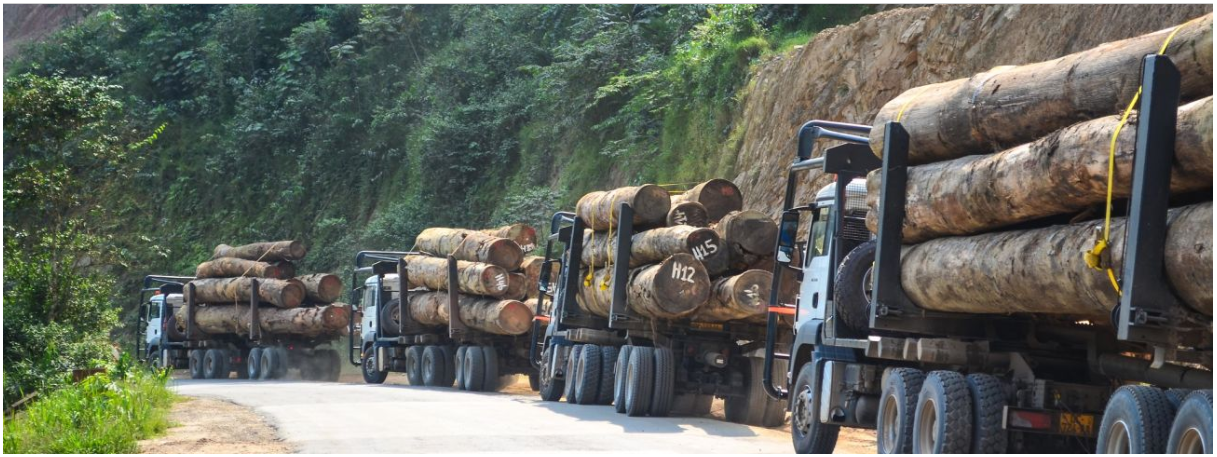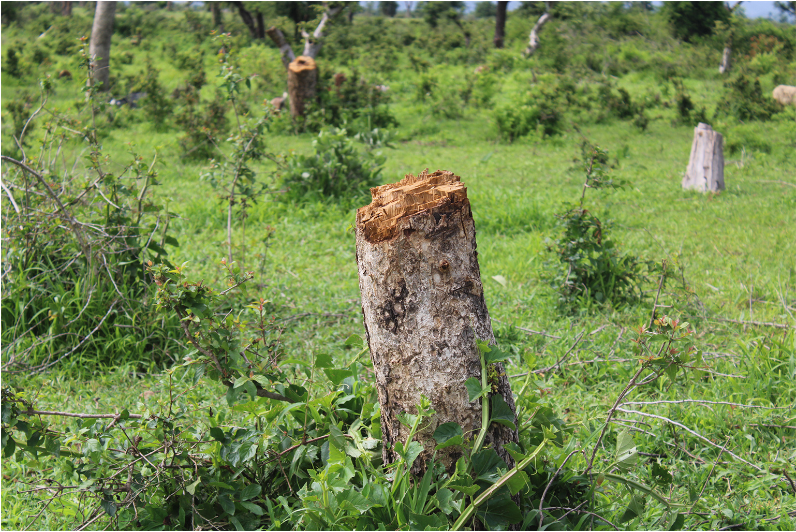- Communities in Gabon and Kenya organise to protect forests against logging.
- Renewed forest restoration efforts by a local council in Cameroon’s East region.
- Mushroom profits may help protect Tanzania’s forests.
Gabon community forest marks ten years of zero logging
EBIENG-EDZUA, Gabon — There is no logging in the forest managed by residents of Ebieng-Edzua, in northeastern Gabon. For the past decade, this village has been the only one in the country to choose to preserve its community forest by exploiting only non-timber products, including medicinal plants and sustainable hunting.
Located in Gabon’s Ogooué-Ivindo province, the rural community of Ebieng-Edzua formally took over management of a 1,256-hectare block of in October 2013, the first community-managed forest in Gabon.
The villagers decided to end timber exploitation for several reasons, according to community leader Eli Nlo Hubert. “First of all, logging not only destroys the forest and sacred sites within it, it also undermines animal resources, destroys the undergrowth and provokes conflicts of interest between community members. So we decided not to go down that road.”
Over the past 10 years, the community has developed real expertise in the valorization of non-timber forest products. Villagers practice agroforestry, harvest high quality honey from hives in the forest, tend stands of the medicinal herb iboga (which has recently attracted international attention for its use treating trauma and addictions), and gather wild fruit including wild mango (Irvingia gabonesis), the nuts of which are processed to produce odika, a tasty paste (sometimes referred to as “indigenous chocolate”) that features prominently in Gabonese cuisine.
It presents a sharp contrast to other community-managed forests in Gabon, where timber is regarded as the only source of income the forest provides. Many community forests are experiencing degradation caused directly by logging, reporting elevated levels of conflict with wildlife including elephants taking advantage of newly-opened logging roads to gain swift access to farmland and villages themselves.
In many cases, communities are also reporting that the bulk of revenue from timber sales goes to operating costs.


